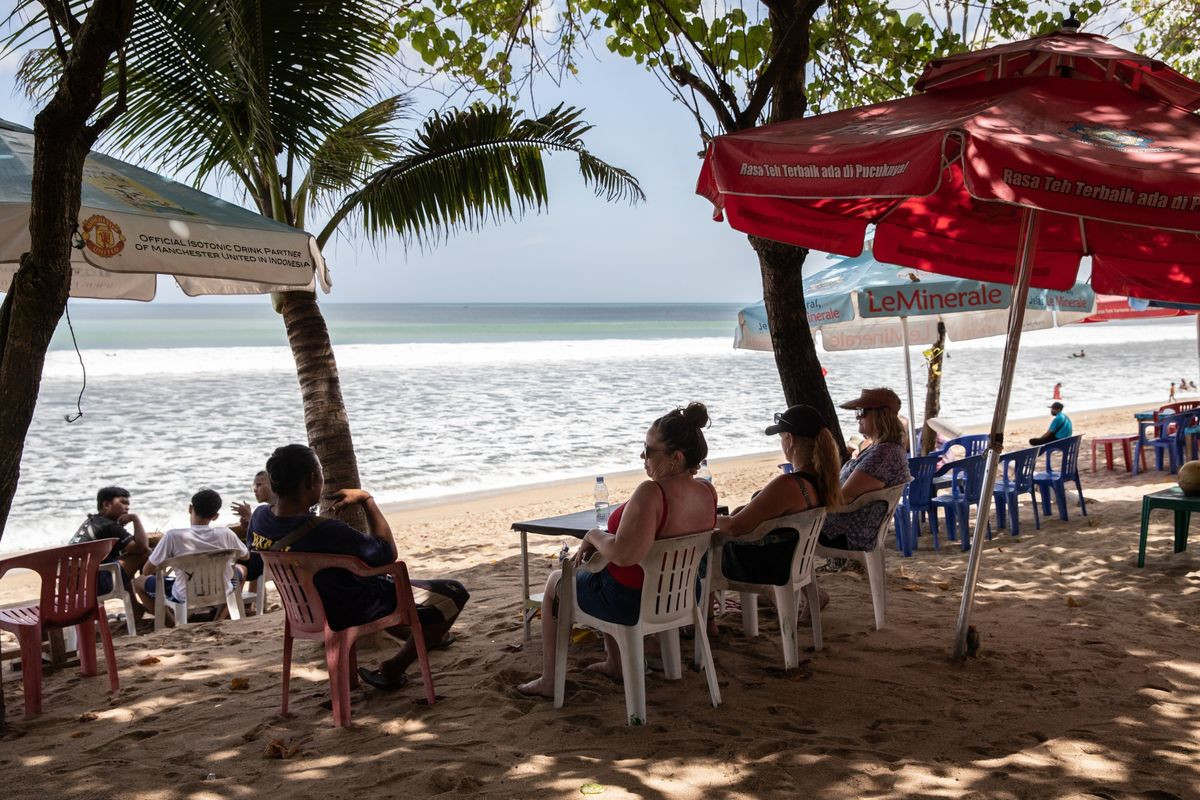The Indonesian National Police (Polri) has introduced stricter monitoring measures for foreign nationals residing or working in Indonesia, including foreign journalists and researchers. This initiative follows the enactment of Police Regulation No. 3 of 2025 on Functional Supervision of Foreign Nationals, signed by National Police Chief General Listyo Sigit Prabowo on March 10, 2025.
According to the regulation, the purpose of this functional oversight is to maintain public order and security, uphold the law, and provide protection and services to foreign nationals. Article 2, Paragraph 1 of the regulation states:
“Polri, in accordance with existing laws and regulations, is authorized to carry out functional police supervision of foreign nationals in Indonesia in coordination with relevant agencies,” as quoted by theeconomics.com on April 2.
Key Mechanisms of Supervision
Polri will coordinate with other institutions through two primary mechanisms: active participation in foreign national monitoring teams and data interoperability related to the presence of foreign nationals in Indonesia.
The regulation outlines seven key objectives, including preventing foreign involvement in activities such as endangering safety, espionage, sabotage, political propaganda, radicalism, terrorism, and criminal acts, while also ensuring respect for social norms and local wisdom.
Polri’s monitoring is divided into administrative and operational categories. Under administrative supervision, the police can request information from those providing accommodation to foreign nationals and issue Police Clearance Letters (Surat Keterangan Kepolisian or SKK) for specific activities such as journalism or research. SKKs are issued electronically and free of charge via the official Polri website.
Foreign journalists are required to submit an application letter including identification details, activity description, and a valid journalism permit. Foreign researchers must also obtain proper research permits. The SKK is issued by the Intelligence and Security Agency (Baintelkam) and the Regional Police’s Directorate of Intelligence and Security.
Polri Spokesperson Inspector General Sandi Nugroho emphasized that SKKs are not mandatory and must be requested by guarantors, not the foreign nationals themselves.
“Foreign journalists can still carry out their duties in Indonesia without a police clearance letter, as long as they do not violate applicable laws and regulations,” he said, as reported by tempo.co on April 3.
Press Council and Civil Society Raise Concerns
However, the new regulation has sparked criticism, particularly from the Press Council. Chairperson Ninik Rahayu expressed concern that the policy could pose a threat to press freedom.
“This provision can be interpreted as a form of control and supervision over journalistic work,” Ninik stated in an official release, as quoted by kompas.com on April 4.
She also criticized the lack of public participation during the drafting of Perpol 3/2025, pointing out that the Press Council, the Indonesian Broadcasting Commission (KPI), journalist organizations, and media companies were not consulted.
According to her, the regulation contradicts Law No. 40 of 1999 on the Press and Law No. 32 of 2002 on Broadcasting. As such, the Press Council recommends a review of the new regulation.
Similar concerns were raised by Muhammad Isnur, Chair of the Indonesian Legal Aid Foundation (YLBHI). He noted that the new rule overlaps with existing immigration and press laws.
“This bypasses many existing frameworks, including the Press Law and the Immigration Law,” he said on April 2.
Isnur also warned about the potential impact on information freedom and how it may affect Indonesia’s democratic image internationally.
Government Response: No Overlapping Authority
On the other hand, Minister of Immigration and Corrections Commissioner General (Ret.) Agus Andrianto denied any overlap in authority. He stated that the police regulation is meant to complement immigration tasks, not replace them.
“There will be no conflict of authority. In fact, it enhances our collective effort to protect and safeguard the Republic of Indonesia,” Agus stated on April 2.
Police Chief Listyo Sigit further clarified that the regulation is part of Polri’s preventive strategy to ensure the safety of foreign nationals working in vulnerable areas, including international journalists.
Source: theeconomiocs.com, Kompas.com, tempo.co
Photo Credit: via expatindonesia.id


